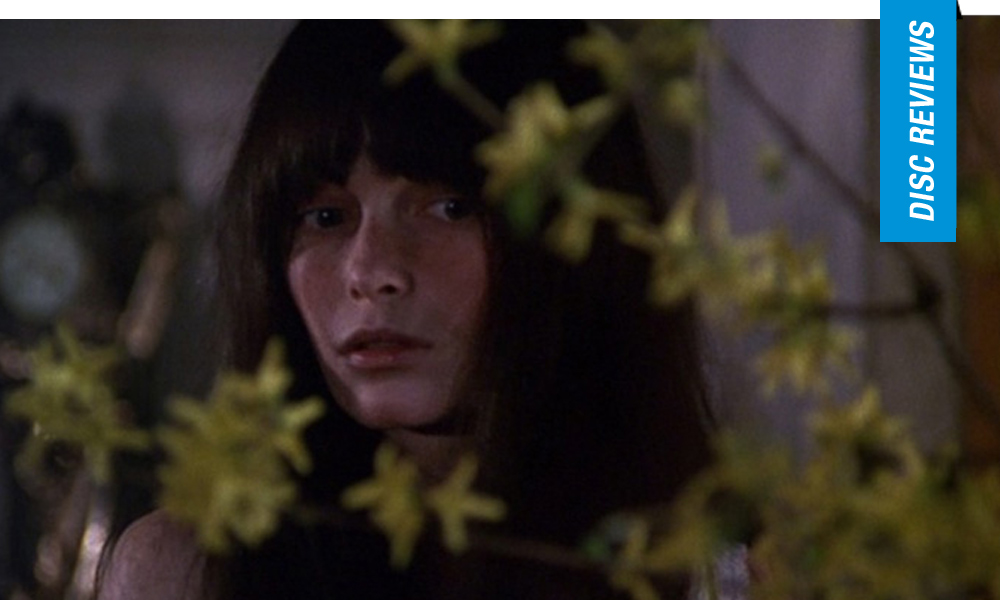The title was the second film directed by Losey starring Elizabeth Taylor in 1968 (the other being Boom!, another arthouse oddity which John Waters famously termed ‘failed art’) and also featured an odd supporting cast, including Mia Farrow (the same year as Polanski’s Rosemary’s Baby), Robert Mitchum and Peggy Ashcroft.
Secret Ceremony plays like the love child of Tennessee Williams and Harold Pinter, both writers Losey adapted (the former in Boom!, while the latter wrote scripts for The Servant, Accident and The Go-Between), a Southern Gothic situation relocated to a murky London setting far away from the exuberant tide of the Swinging Sixties.
The formidable estate inherited by Farrow’s Cenci (the only real foreign-tongued artifact which suggests the source material, a story by Argentinean writer Marco Denevi) plays like the opulent counterpart to the dilapidated estate housing the women of Grey Gardens, a spiritual cousin to what Losey’s doing here. Taylor, who sometimes had the misfortune of sounding a bit shrill by this time in her career (especially in anything co-starring Richard Burton after the success of Who’s Afraid of Virginia Woolf?, 1966) is quite demure considering the somewhat lurid material.
Though hardly the first time she’d portrayed a prostitute (she won her first Oscar for Butterfield 8, 1960), she was also fresh off playing another similar “Leonora” in John Huston’s Reflections in a Golden Eye (1967), an adaptation of Carson McCullers. Critics of the period weren’t as enthusiastic, but many commented on Taylor’s appearance unfavorably—even Renata Adler referred to her being ‘rotund’ in The New York Times).
Farrow is creepy as the ethereal and child-like Cenci, and the two women play quite well off one another, with sexual undertones spinning out of control once Robert Mitchum descends upon them, creating a triangular, incest-laden version of D.H. Lawrence’s The Fox (1967). Notably, 1968 was a formidable one for Farrow, who also starred in Rosemary’s Baby and Anthony Mann’s A Dandy in Aspic, and the sordid subtexts of Secret Ceremony also speak to the widely-publicized, long-standing allegations from her own household regarding Woody Allen decades later, adding to the film’s strangeness in retrospect.
Cinematographer Gerry Fisher (who lensed both The Go-Between and Mr. Klein for Losey) creates a London underbelly which recalls the energies of something like Skolimowski’s Deep End (1970) or the mystical Venice of Roeg’s 1973 classic Don’t Look Now (the coded lesbian aunts played by Peggy Ashcroft and Pamela Brown also assists with this vibe), while the mother-daughter wish-fulfilment has been revisited many times elsewhere (though the dramatic thriller aspect feels most familiar in David Auburn’s The Girl in the Park, 2007).
Film Rating: ★★★½/☆☆☆☆☆
Disc Rating: ★★★/☆☆☆☆☆

